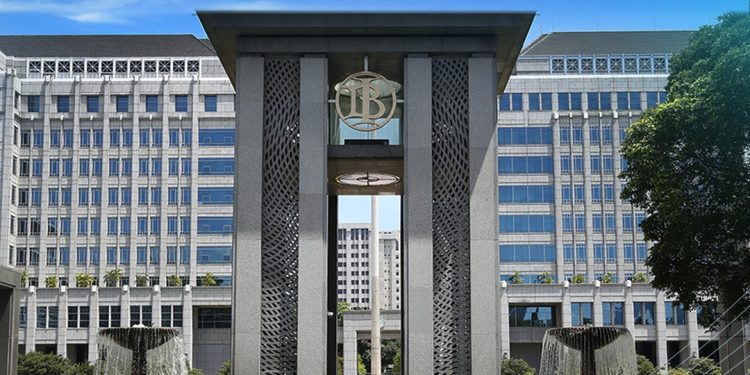Jakarta, Indonesia Sentinel — Bank Indonesia (BI) is preparing to roll out an integrated payment system called Payment ID, with pilot testing scheduled to begin on August 17, 2025, to coincide with the nation’s 80th Independence Day celebrations.
Dicky Kartikoyono, head of BI’s Payment System Policy Department, said the trial will focus on improving the accuracy of non-cash social assistance distribution.
“Payment ID is still in the experimental stage and will be applied to one specific use case enhancing the accuracy of non-cash social aid distribution starting August 17,” Dicky explained as reported by Antara on Wednesday (July 23, 2025).
The Payment ID system is designed to link an individual’s financial data from multiple sources—bank accounts, credit cards, e-wallets, and online loans—into a single profile based on Indonesia’s national identification number (NIK). It will consolidate records of income, expenses, loans, investments, and high-risk activities such as online gambling, illegal lending, and suspicious transactions.
According to BI, the system will give authorities a comprehensive financial profile of individuals while enabling financial institutions to verify customer data with greater accuracy.
Read Also:
Bank Indonesia Cuts Benchmark Interest Rate to 5,25% in July 2025
The central bank stressed that the system’s development and use will comply fully with Indonesia’s Personal Data Protection Law, with access restricted to authorized agencies working with BI.
Bank Indonesia (BI) said access to Payment ID will be restricted to authorized agencies working in coordination with the central bank and within their legal mandates.
The initiative is part of the Indonesian Payment System Blueprint 2030. BI said developing the system and its data infrastructure will take several years, with a phased rollout planned. Full nationwide implementation is targeted for 2029.
The central bank described Payment ID as a breakthrough aimed at creating a more transparent, accurate, and integrated financial system by consolidating data from multiple sources into a single identity. The system is also expected to strengthen the detection of illicit activities, including money laundering, illegal financing, and suspicious transactions.
(Raidi/Agung)


























